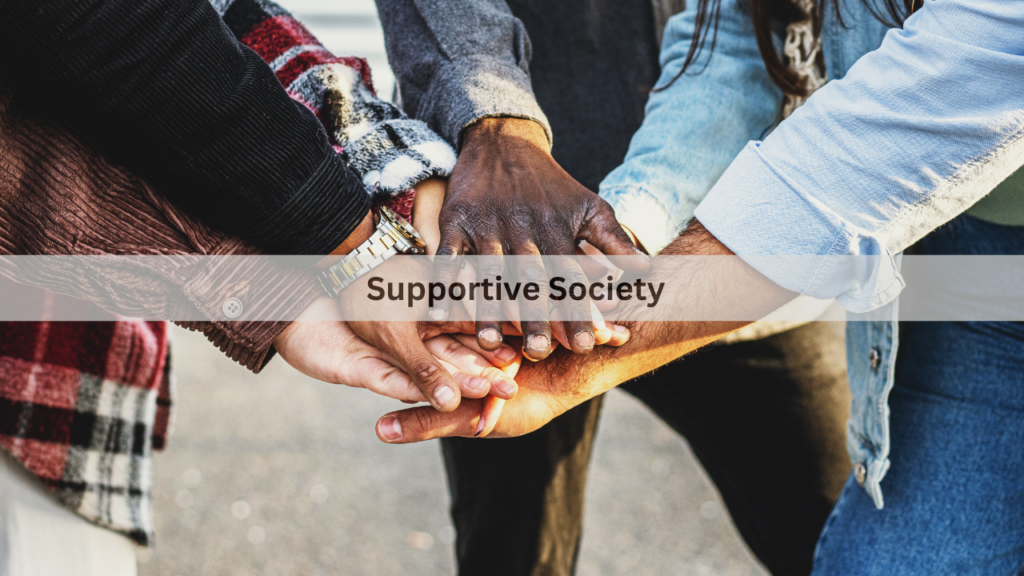Building Bridges: How Sobriety Initiatives Enhance Public Trust in Communities

In recent years, sobriety initiatives have emerged as powerful tools not just for individual recovery but for enhancing public trust within communities. These programs, often spearheaded by local organizations, governmental bodies, and nonprofits, are reshaping how communities perceive and interact with each other. By addressing substance abuse and promoting sober living, these initiatives are building bridges between individuals and the institutions that serve them.
Understanding the Link Between Sobriety and Public Trust
Public trust is a critical component of a functioning society. It encompasses the confidence citizens have in their institutions and in each other. When trust erodes, communities face a myriad of problems, including increased crime rates, economic instability, and social fragmentation. Sobriety initiatives address one of the key factors that can undermine this trust: substance abuse. By tackling the root causes of addiction and providing support for those in recovery, these programs help rebuild the social fabric.
Sobriety Initiatives as Community Anchors
One of the ways sobriety initiatives enhance public trust is by acting as community anchors. These programs often involve collaborations between local governments, healthcare providers, and community organizations. For example, community sobriety centers or recovery support groups serve as safe spaces where individuals can seek help without fear of stigma. These centers not only provide direct support but also foster a sense of community by bringing people together who share common experiences and goals.
When these centers operate effectively, they can significantly reduce the burden on other community resources, such as emergency services and social services. This efficient use of resources builds trust in public institutions by demonstrating that they are responsive to the needs of their citizens and capable of managing public funds wisely.
Promoting Transparency and Accountability
Transparency and accountability are crucial for maintaining public trust. Sobriety initiatives often emphasize these values by openly sharing their successes and challenges with the community. Regular updates on program outcomes, participant testimonials, and financial disclosures are common practices that help build credibility.
For instance, successful sobriety programs often publish annual reports detailing their achievements and areas for improvement. These reports are usually accessible to the public and provide insights into how funds are allocated, how many individuals have been helped, and what impact the program is having on the community. By being transparent about their operations, these initiatives demonstrate their commitment to accountability and foster a greater sense of trust among community members.
Strengthening Community Bonds
Sobriety initiatives also enhance public trust by strengthening community bonds. When individuals participate in sobriety programs, they often engage in activities that promote social cohesion, such as volunteering, mentorship, and community events. These activities not only support recovery but also encourage individuals to contribute positively to their communities.
Moreover, as individuals in recovery begin to rebuild their lives, they often become advocates for sobriety and role models for others. This ripple effect can inspire others to seek help, participate in community activities, and contribute to a more cohesive and supportive environment
Sobriety initiatives play a crucial role in enhancing public trust by addressing substance abuse and promoting sober living. Through their focus on community support, transparency, and accountability, these programs help rebuild trust between individuals and institutions. By fostering a sense of community and encouraging positive contributions, sobriety initiatives not only aid in individual recovery but also strengthen the social fabric of communities. In doing so, they build bridges that connect people, enhance trust, and create a more resilient and supportive society.